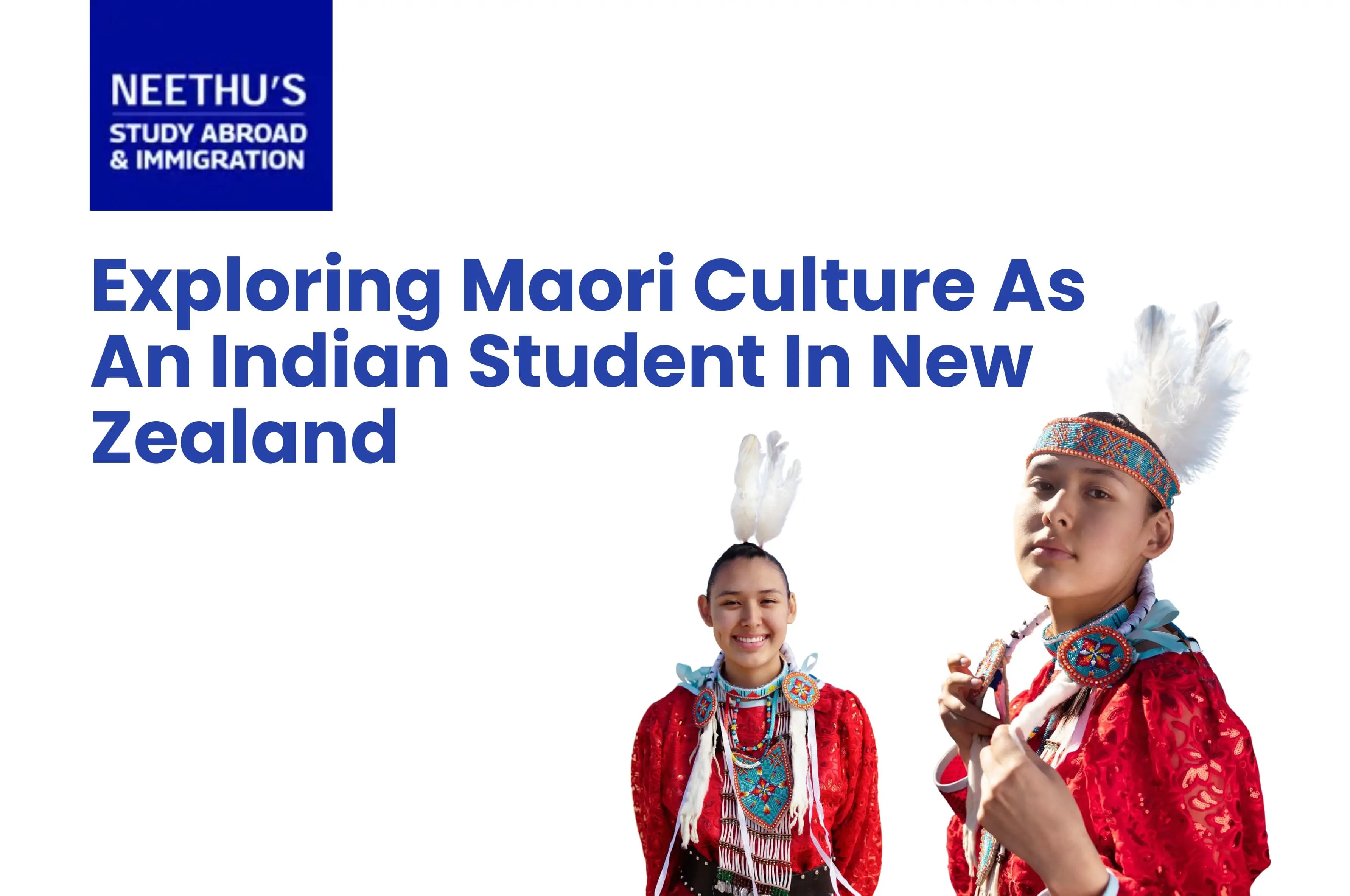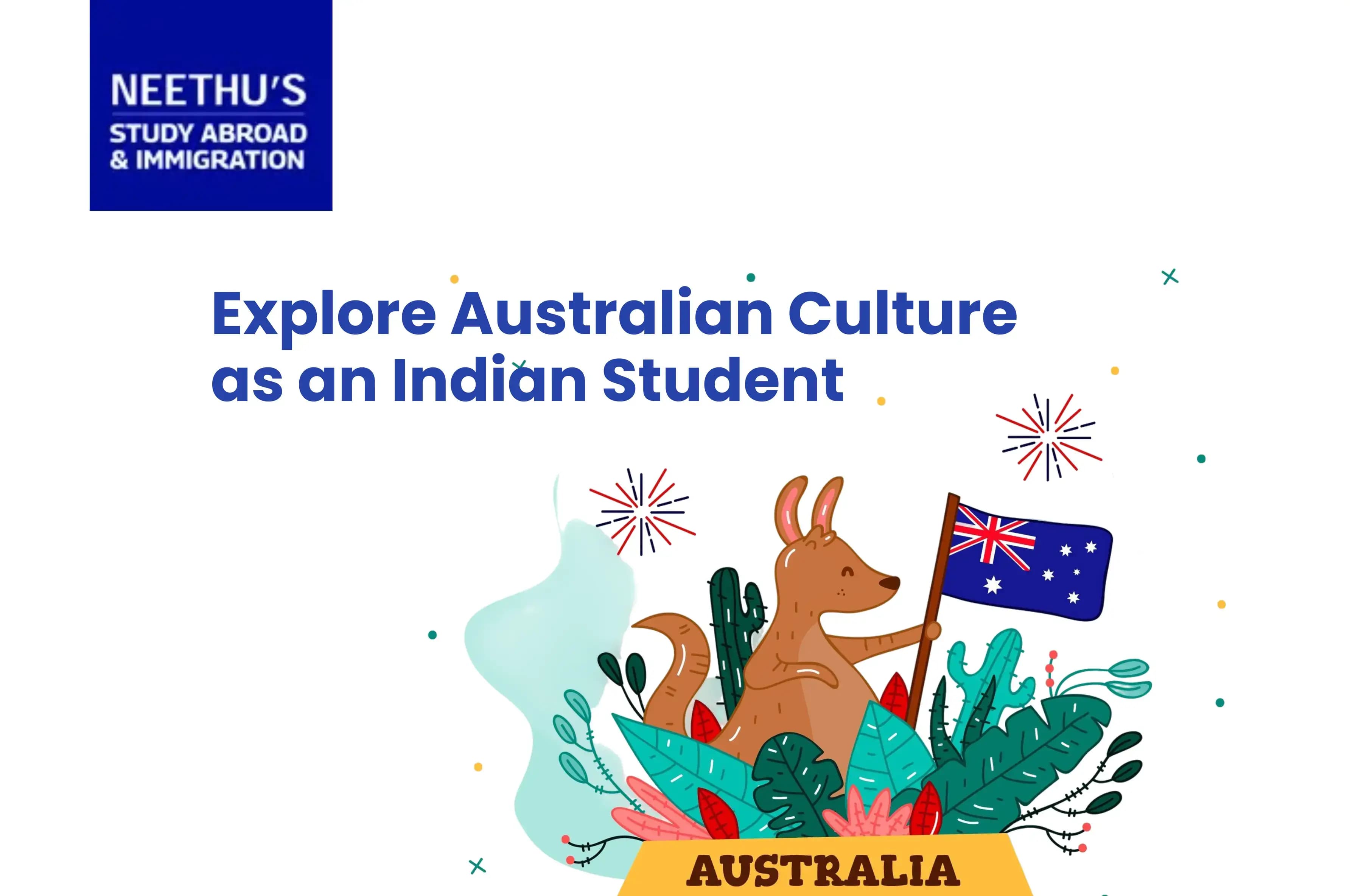Exploring M?ori Culture as an Indian Student in New Zealand

Studying abroad is not merely about texts and classrooms—it is about experiencing a new world of culture, customs, and way of life. For Indian students who prefer studying abroad in New Zealand, one of the most valuable aspects of student life is discovering the fascinating and rich M?ori culture. From language and traditions to food, art, and religious practices, immersion in M?ori culture in New Zealand provides Indian students with a deeper appreciation of the nation that they have adopted as their home.
Introduction: Maori culture New Zealand (600, KD 14)
M?ori culture is the native culture of New Zealand, based on centuries of tradition, oral history, and shared community living. For Indian students, it also means learning to adjust to a new academic setting and adapting to the NZ cultural journey. Appreciating and understanding M?ori traditions not only assists in easing daily life in New Zealand but also adds substance to your study abroad experience.
For students from India, who hail from a diverse and traditional nation, New Zealand's M?ori culture is familiar yet intriguing. Similar to Indian traditions, M?ori ways care for family, elders, and community. Understanding these facets of culture enriches student life in New Zealand and helps Indians bond with locals on a level beyond academics.
* The M?ori greeting of Kia Ora makes you feel included immediately.
* Cultural ceremonies like traditional P?whiri emphasize respect and belonging.
* M?ori dance (Haka), art, and music provide unforgettable cultural experiences.
* Their nature connection is shared with many Indian spiritual values.
Student Life in New Zealand and the M?ori Connection
Student life in New Zealand as an Indian is not just about juggling lectures and casual work. Universities actually stage cultural events, workshops, and festivals that involve M?ori culture.
For instance:
* Orientation weeks can include M?ori welcomes to introduce international students.
* Universities stage events of M?ori performing arts.
* Students can participate in cultural clubs that promote cross-cultural interaction.
This interaction not only enhances friendship but also assists Indian students in adjusting to New Zealand culture for Indians more easily.
NZ Cultural Experience: M?ori Traditions and Practices
1. The M?ori Language – Te Reo
Though the dominant language is English, Te Reo M?ori enjoys a prominent position in New Zealand. Familiar greetings such as Kia Ora (hello) and Haere Mai (welcome) are frequently heard in everyday life. Students from India can attempt to learn basic words to gain closer affinity with natives.
2. The Haka – More Than a Dance
Many Indians have seen the Haka from New Zealand rugby games, but it is far richer. The Haka is a ritual dance showing power, solidarity, and respect. Observing or taking part in one is a rich cultural experience.
3. M?ori Food Culture
Trying out local cuisine such as H?ngi (a Maori earth oven meal) is part of student experience in New Zealand that will never be forgotten. Similarly, Indian cuisine is more about taste and gatherings with family, M?ori cuisine is about people.
4. Spiritual Connection with Nature
M?ori culture values respect for land (whenua), rivers, and forests, as sacred. Such spiritual connection with nature will be something Indians can identify with, given that the Indians also venerate rivers, mountains, and forests in religious and cultural practices.
For Indian students, life in New Zealand is a mix of studies, part-time work, and cultural discoveries. An incorporation of M?ori culture makes it a richer experience. Here's how you can enjoy it:
* Participate in M?ori cultural events and festivals hosted by your city or university.
* Explore cultural institutions such as Te Papa Museum in Wellington.
* Discover about Marae (M?ori meeting places) and their significance in community life.
* Discover M?ori myths and tales that define New Zealand.
Through this, study abroad in New Zealand becomes an experiential phenomenon greater than books.
Advantages of Learning M?ori Culture as an Indian Student
1. Cultural Adaptability – Allows you to fit into the life of New Zealand students seamlessly.
2. Personal Development – Exposure to alternate perspectives broadens minds.
3. Deeper Relationships – Locals value international students who respect their culture.
4. Career Advantage – New Zealand employers respect cultural sensitivity and flexibility.
5. Sense of Belonging – M?ori culture makes you feel connected to a larger group.
Indian Students' Tips for Engaging with M?ori Culture
1. Join actively in M?ori activities instead of watching from the sidelines.
2. Attempt to learn Te Reo phrases—New Zealanders appreciate the effort.
3. Visit cultural hotspots like Rotorua, where M?ori heritage runs deep.
4. Speak with M?ori students so that they can explain traditions in greater detail.
5. Be respectful of cultural protocol when attending Marae or ceremonies.
Conclusion
Studying abroad in New Zealand is not merely obtaining a degree; it's living in a new world of culture. For Indian students, discovering M?ori culture in New Zealand provides depth, significance, and happiness in their foreign experience. From ceremony attendance to tasting native food, every activity enhances your NZ cultural experience. Your life in New Zealand becomes more meaningful when you adopt the M?ori lifestyle, so your study abroad experience is unforgettable.
Frequently Asked Questions
What is M?ori culture in New Zealand?
M?ori culture is New Zealand's indigenous culture, full of traditions, language, and communal values.
How can Indian students experience M?ori culture?
Indian students can participate in cultural activities, go to M?ori ceremonies, and learn about traditional food and art.
Is knowing M?ori language necessary for living in New Zealand?
No, but it is useful to learn basic words and greetings to facilitate closer cultural ties.
In what ways does M?ori culture enhance student life in New Zealand?
It promotes cultural awareness, establishes friendships, and makes students feel more comfortable.






















_03-12-2025_01-17-26%20PM.webp&w=3840&q=75)
_02-12-2025_03-07-49%20PM.webp&w=3840&q=75)

_27-11-2025_04-06-24%20PM.webp&w=3840&q=75)
_25-11-2025_04-38-18%20PM.webp&w=3840&q=75)
_24-11-2025_03-20-26%20PM.webp&w=3840&q=75)
_22-11-2025_12-44-47%20PM.webp&w=3840&q=75)
_21-11-2025_04-17-47%20PM.webp&w=3840&q=75)
_20-11-2025_03-55-26%20PM.webp&w=3840&q=75)
_18-11-2025_04-00-40%20PM.webp&w=3840&q=75)
_15-11-2025_10-48-43%20AM.webp&w=3840&q=75)
%20(1)_14-11-2025_03-52-25%20PM.webp&w=3840&q=75)
_13-11-2025_03-02-38%20PM.webp&w=3840&q=75)
_08-11-2025_04-15-36%20PM.webp&w=3840&q=75)
_05-11-2025_04-01-50%20PM.webp&w=3840&q=75)
_05-11-2025_03-46-26%20PM.webp&w=3840&q=75)
_03-11-2025_03-31-09%20PM.webp&w=3840&q=75)
_04-11-2025_.webp&w=3840&q=75)
_04-11-2025_.webp&w=3840&q=75)
_28-10-2025_04-09-08%20PM.webp&w=3840&q=75)
_24-10-2025_05-10-31%20PM.webp&w=3840&q=75)
_24-10-2025_04-55-51%20PM.webp&w=3840&q=75)
_22-10-2025_04-40-20%20PM.webp&w=3840&q=75)
%20(1)_21-10-2025_03-05-46%20PM.webp&w=3840&q=75)
_21-10-2025_02-43-15%20PM.webp&w=3840&q=75)
_17-10-2025_05-08-52%20PM.webp&w=3840&q=75)
_17-10-2025_04-54-54%20PM.webp&w=3840&q=75)
_15-10-2025_03-46-47%20PM.webp&w=3840&q=75)
_14-10-2025_03-42-40%20PM.webp&w=3840&q=75)
_14-10-2025_03-29-48%20PM.webp&w=3840&q=75)
_13-10-2025_03-48-51%20PM.webp&w=3840&q=75)
_11-10-2025_04-28-42%20PM.webp&w=3840&q=75)
%20(1)_09-10-2025_04-12-08%20PM.webp&w=3840&q=75)

_07-10-2025_02-55-25%20PM.webp&w=3840&q=75)
_07-10-2025_02-39-51%20PM.webp&w=3840&q=75)
_06-10-2025_03-42-37%20PM.webp&w=3840&q=75)
_03-10-2025_04-42-59%20PM.webp&w=3840&q=75)
_01-10-2025_11-12-12%20AM.webp&w=3840&q=75)
%20(1)_29-09-2025_02-54-12%20PM.webp&w=3840&q=75)

_26-09-2025_12-14-18%20PM.webp&w=3840&q=75)
_24-09-2025_04-44-26%20PM.webp&w=3840&q=75)
_23-09-2025_04-14-36%20PM.webp&w=3840&q=75)
_22-09-2025_04-08-09%20PM.webp&w=3840&q=75)
_20-09-2025_03-26-03%20PM.webp&w=3840&q=75)
_17-09-2025_04-06-42%20PM.webp&w=3840&q=75)
_15-09-2025_04-43-43%20PM.webp&w=3840&q=75)
_13-09-2025_12-17-49%20PM.webp&w=3840&q=75)
_12-09-2025_04-31-36%20PM.webp&w=3840&q=75)
_12-09-2025_04-17-03%20PM.webp&w=3840&q=75)
_10-09-2025_03-59-59%20PM.webp&w=3840&q=75)
_09-09-2025_04-11-16%20PM.webp&w=3840&q=75)
_09-09-2025_03-53-52%20PM.webp&w=3840&q=75)



















































_12-06-2025_03-40-35%20PM.webp&w=3840&q=75)

